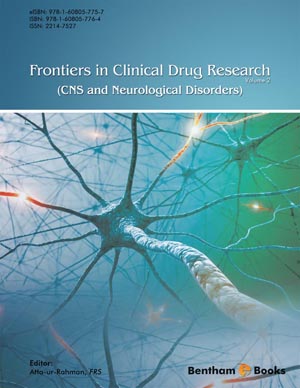Abstract
L-Glutamate is one of the most common neurotransmitters in the brain. Since many neurodegenerative diseases have been shown to be associated with glutamate levels, studies on its signaling transduction has been limited to neuronal systems for decades. However, recent accumulating evidences suggest that glutamatergic signaling is widely involved in the maintenance and regulation of homeostasis of non-neuronal tissues. When dysregulated, glutamatergic signaling promotes uncontrolled growth of cancer cells as observed in melanoma, breast, prostate and colorectal cancers. In this review, we will discuss the implication of glutamatergic signaling through glutamate receptors and transporters in cancers in comparison to neuronal disorders as well as recent clinical approaches using Riluzole, an FDA approved glutamate release inhibitor for ALS patients in human cancers.
Keywords: mGluR, NMDAR, AMPAR, metabotropic, ionotropic, glutamate, cancer, melanoma, riluzole, ALS.






















